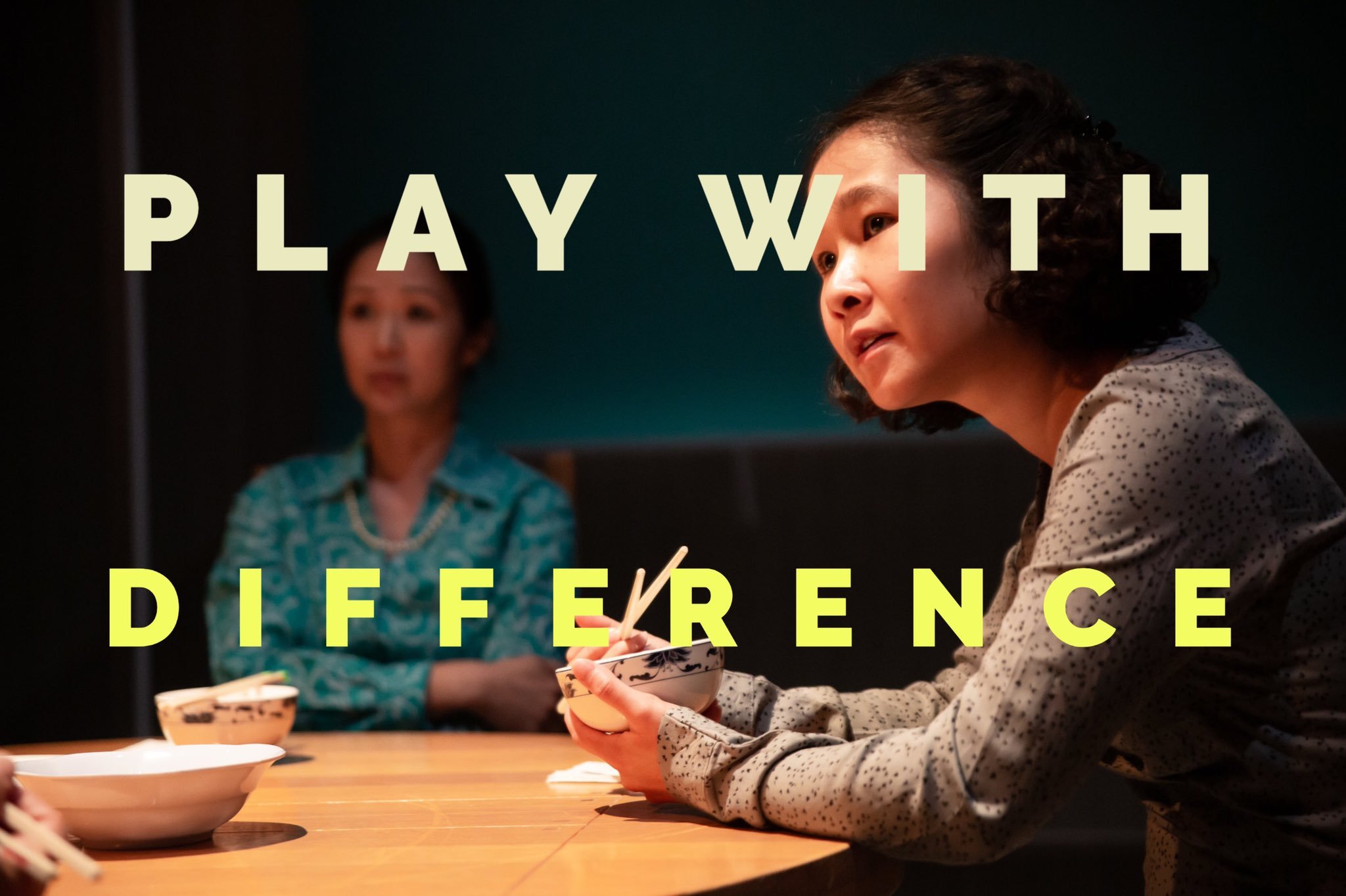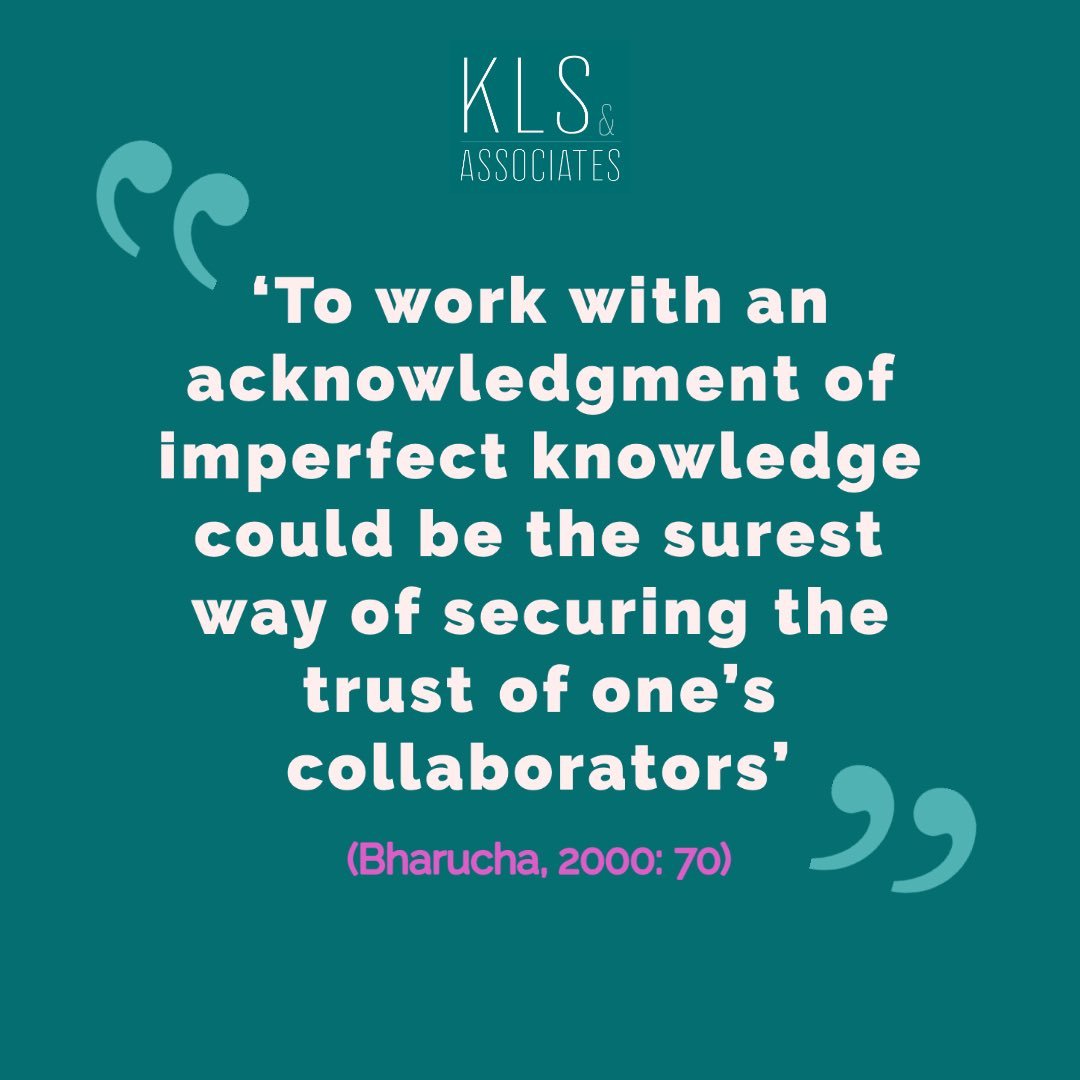About Kristine
Kristine is a theatre practitioner and lecturer in higher education. She is a recognised leader in the Black/Global majority sector in the UK, she focuses on artist training in intracultural theatre practice, the creation of new work with and from diasporic heritage artists, and the development of audiences for this work.
Her work has included twenty-three years as Artistic Director of Tamasha, UK; Lecturer in Acting at the National Institute of Dramatic Art (NIDA), Australia; Senior Producer for BBC Radio Drama; and freelance appointments as a director and lecturer within actor training (RADA, East15, Mountview, Drama Studio, Oxford School of Drama).
Last month, we held our first event in collaboration with Kristine Landon-Smith & Associates - a seminar on intracultural theatre practice. Since, Kristine has appeared as keynote for The S Word, an online event on Stanislavsky and Race, and begun work on her latest book collaboration. We thought it was time to sit down with Kristine to delve deeper into her impressive career and current path as an educator and researcher, of course, over a cuppa!
Q. Your impressive career evidences your pioneering practise on making work, can you tell us a little more about this practise and how this journey began?
I have always worked with actors by looking closely at them and seeing what they need, not what I need. With actors particularly who feel they may not be part of the cultural authority, I noticed they could come to the floor but leave their unique personalities outside the door. When I was running Tamasha, a company I co-founded in 1989, we saw the need for a training wing and set that up in 2000. I ran all the actor workshops - it was here that I really started devloping my multi-vernacular, mulit-linguistic practice and some colleagues encouraged me to articulate what I was doing. I started an MPhil on intracultural actor training with University of East London and was awarded that degree in 2016. I continue to develop the practice and my academic writing around it.
“The unique cultural context of the individual actor is a rich hinterland for discovery and should not be denied but rather engaged with as a source of power for the actor in their creative endeavours.”
Q. You often work multilingually, why is this important?
It is so important that everyone can bring everything they have in their make up to the floor. Often actors have first or second languages that are not English. I feel, if actors are not given the opportunity to see if some power resides for them as actors when using their other languages, they will be disadvantaged. Time and time again I have seen actors so surprised when they start working in either a first language, or a language they use at home - a language that they don't always use in the professional space. I think this is important. I am uncomfortable with the centreing of English given the diverse make up of student cohorts and rehearsal rooms.
Q. You use the word intracultural to describe your practise, what does this mean to you?
Intracultural means playing with all the pluralistic identities in one space. Here, pluralistic meaning multiple facets to one’s identity. The intra part of this world, refers to playing with difference within a nation-state as opposed to intercultural which is across national boundaries.
“I am uncomfortable with the centreing of English given the diverse make up of student cohorts and rehearsal rooms.”
Q. Your work is often described as liberating for both the creatives and the audience? Why do you think this is?
I think in a more globalised world, audiences expect to see that reflected on stage - they are uncomfortable with only one story that keeps being told over and over. I think to allow and validate each and every cultural narrative in any creative endeavour is very liberating for all.
Q. From founding and taking the helm of Artistic Director at Tamasha for 25 years, to working internationally as a director and educator, what have been your biggest challenges and lessons?
It is a tough and competitive business, one always needs to keep working, keep developing, looking for ways to grow. It can be lonely so you need to have good allies around you. It is very important to find people to collaborate with - the whole endeavour is about collaboration and putting creative teams together. Building deep collaborative relationships with other artists over time is the most important thing.
Q. There has been a lot of movement in the industry over the past few years, even more so as a result of the pandemic, what changes do you hope to see in the industry as we continue to evolve?
There are pleasing developments in the industry. The more people from every walk of life that we have coming into the business, the more we can encourage and support people coming to the arts with it as a career possibility, the more stories will be told, varying perspectives will be there. It is very healthy.
Q. As we navigate our ever-changing industry, moving towards equality, inclusion and accessibility in all sectors, what advice do you have for theatre-makers?
Believe in what you are doing. Believe in the story you are telling - there is a place for you. Seek help and expertise when you need it to keep you on track.
“This methodology utilises the full cultural context of the performer; rather than denying different cultural contexts, or promoting a singular benchmark drawn from the cultural majority, we put the actor & their holistic background at the heart of our work.”
Q. What challenges do you think we face in actualising our aims in inclusion, accessibility and equality?
This is ongoing - we have to keep working, keep the door open to all - it could be easy to slip back.
Q. What's next for Kristine Landon-Smith & Associates?
We have a lot of irons in the fire. A headphone verbatim film about the Vietnamese diaspora, headphone projects in industry and Conservatoire actor trainings. Maybe my own school - who knows - never say never.



